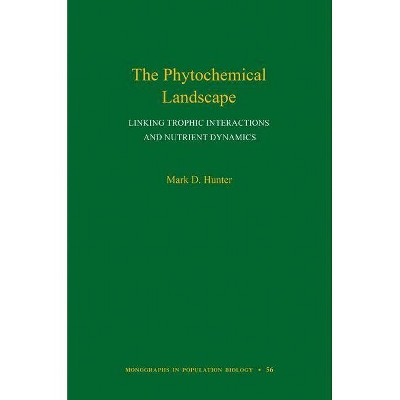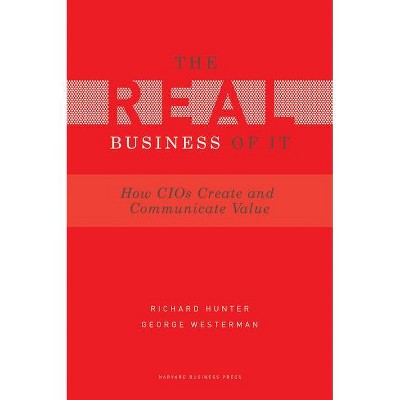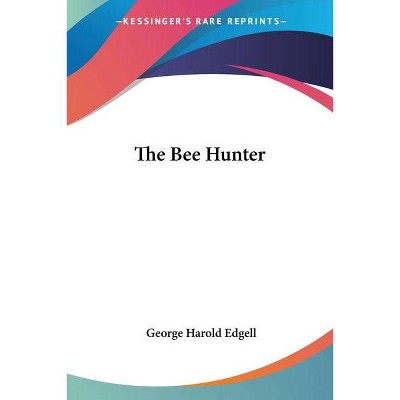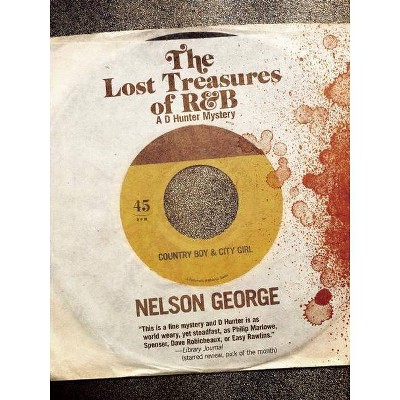A Civic Biology - by George W Hunter (Hardcover)
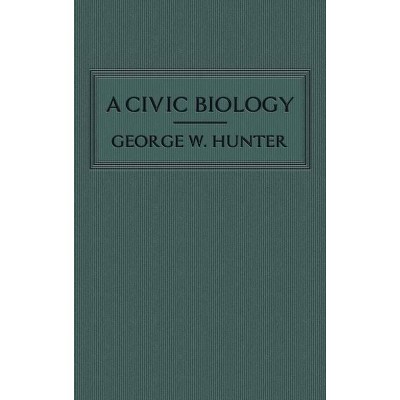
Similar Products
Products of same category from the store
AllProduct info
<p/><br></br><p><b> About the Book </b></p></br></br>About a hundred years ago, it was generally agreed that evolution and Darwinism logically entailed eliminating weak humans from the gene pool. This view was so common, it was in the actual science text books which were placed in high schools. George Hunter's "A Civic Biology" was one such textbook.<p/><br></br><p><b> Book Synopsis </b></p></br></br><p>About a hundred years ago, it was generally agreed that evolution and Darwinism logically entailed eliminating weak humans from the gene pool, either outright by killing them, or by sterilization or segregation. This view was so common, it was in the actual science text books which were placed in high schools. George Hunter's "A Civic Biology" was one such textbook.</p><p>Published in 1914, he describes large numbers of Americans as 'parasites' who are harming the gene pool and lauds the Europeans for their advances in 'eugenics.' Such views were considered obvious applications of Darwinian principles. Not surprisingly, such views met with resistance. It was Hunter's textbook which John Scopes used in violation of Tennessee law, which led to the infamous 'Scopes Monkey Trial.'</p><p>Not surprisingly, no one remembers today that there was a time when it was considered perfectly reasonable to apply the 'science' of evolution to 'unfit' human beings. Having "A Civic Biology" on your shelf can serve as a daily reminder of the theory of evolution's darker past.</p>
Price History
Price Archive shows prices from various stores, lets you see history and find the cheapest. There is no actual sale on the website. For all support, inquiry and suggestion messagescommunication@pricearchive.us
